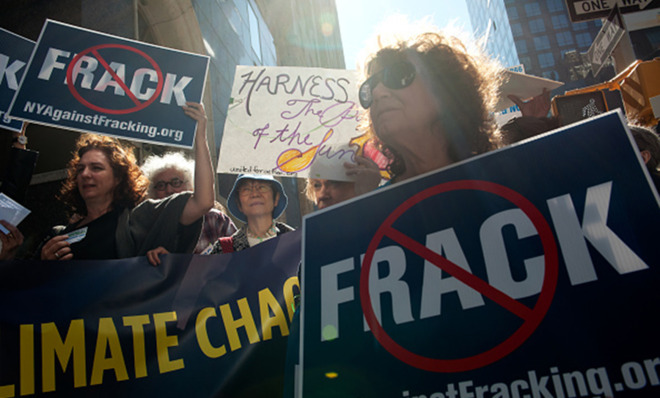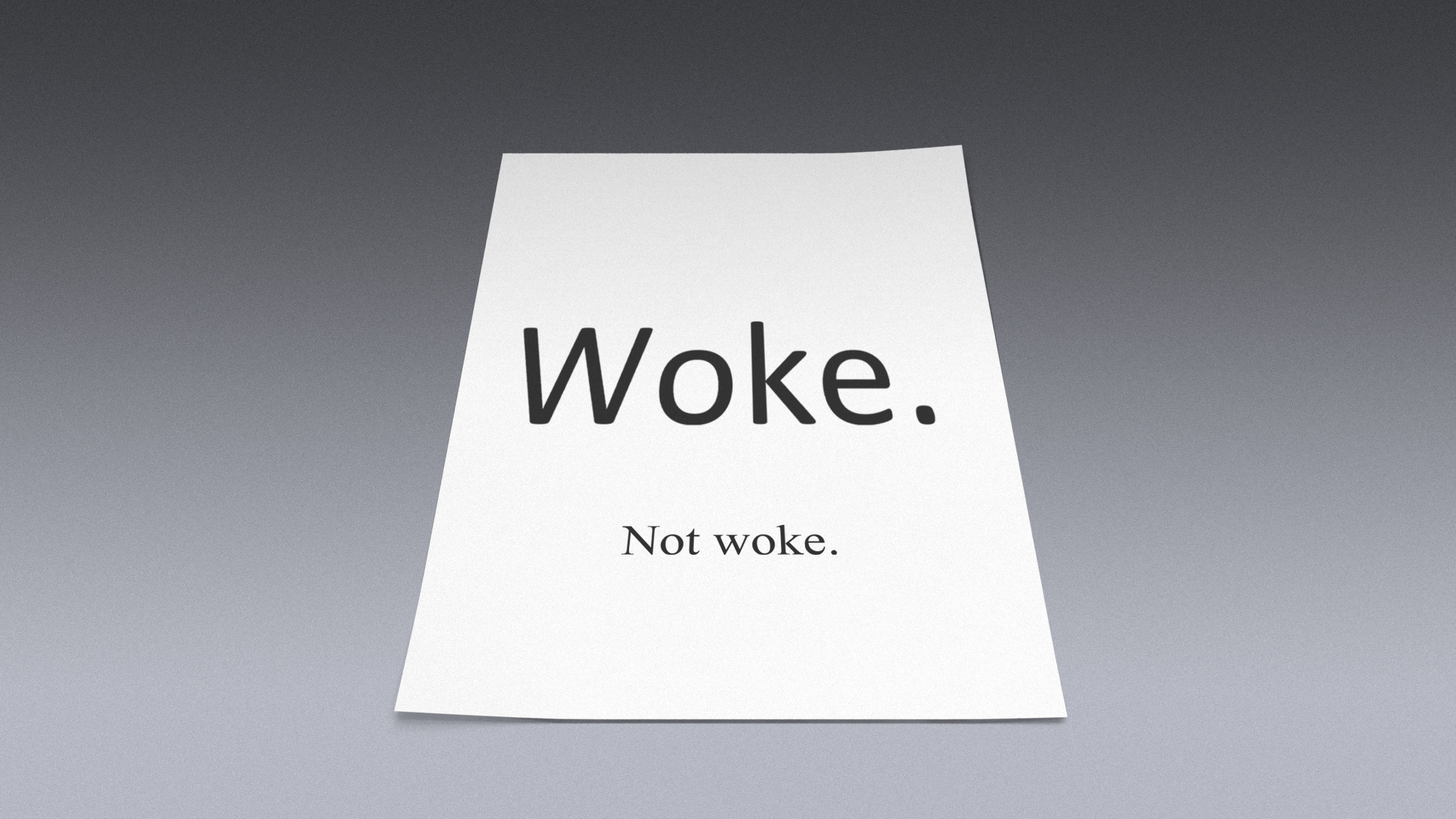Enjoying your cheap gas? Thank fracking — and the beauty of free markets!
Who could have predicted that capitalistic innovation would transform the energy industry? Oh right, conservatives did.


One of the biggest stories of 2014 has been the astonishing drop in global oil prices. The price of the benchmark Brent crude went from over $100 per barrel at the beginning of the year to the $60 range as of this writing.
It's worth noting how massive and completely unexpected this price drop has been.
And it's worth noting how good it is for the U.S. economy. The price of oil is one of the biggest drags on consumer demand, the largest driver of the economy.
The Week
Escape your echo chamber. Get the facts behind the news, plus analysis from multiple perspectives.

Sign up for The Week's Free Newsletters
From our morning news briefing to a weekly Good News Newsletter, get the best of The Week delivered directly to your inbox.
From our morning news briefing to a weekly Good News Newsletter, get the best of The Week delivered directly to your inbox.
And to what do we owe this miraculous event?
In a word: fracking.
Fracking has allowed the U.S. to extract a lot more oil from the ground, but also a lot more natural gas. As natural gas replaces oil as a power source, the demand for oil falls, which, all else being equal, lowers prices.
Now, nothing in this world has just one cause. The drop in oil prices can be partly attributed to sluggish growth around the world, particularly in Europe and China. But nobody expected Europe and China to be rocketships in 2014, and yet nobody expected an oil drop of this extent.
A free daily email with the biggest news stories of the day – and the best features from TheWeek.com
Also, OPEC has not turned off the spigots for oil. One reason is some geopolitical gamesmanship between Saudia Arabia and Iran. But another is fracking: OPEC countries, led by Saudi Arabia, are feeling very threatened by fracking, and so they prefer to take the short-term hit of low oil prices rather than the much more serious longer-term hit of having too much infrastructure switch to natural gas.
Furthermore, the fact that low oil prices come mainly from fracking goes a long way to soften this trend's dark side, namely its environmental consequences. Some people say low oil prices are bad because they mean more gaz-guzzling SUVs, and therefore more carbon emissions. But if what we are seeing is a broader switch to natural gas, which emits less carbon than oil, we might still come out ahead in terms of carbon emissions.
All of which is a long-winded way for me, as a conservative, to say: you're welcome.
After all, as the global warming expert Jim Manzi pointed out this summer, if you had told the supporters of the 2009 House climate change bill that a new green-energy technology was coming along that would "lead us to have the fastest rate of reduction in CO2 emissions of any major country in the world, and permanently reduce absolute emissions such that we never again emitted what we did in the 2005 baseline year? And further, instead of this requiring us to trade-off emissions reductions against the costs of lower economic growth, that this technology would increase economic growth, and add jobs, because of greater productivity? And it was able to radically reduce our reliance on overseas sources of energy so much that North America could be practically self-sufficient for energy? And it was a proprietary American technology that would provide competitive advantage to our manufacturing industries, and would itself become a significant source of exports?"
And that it would reduce the price of oil, boosting our economy and well-being? Well, you would have been laughed out of the room.
And yet, that is exactly what happened.
And it happened exactly in the way conservatives predicted it would: through the entrepreneurial genius of the American free market system, which keeps delivering inventive solutions to problems that no central planner ever could. The American system, by the way, is not some Ayn Rand fantasy: there is a role for government, not just in providing the rule of law and a common framework for doing business, but also in subsidizing basic research. But that role is very different from the role that progressives would wish the government to play, stymying private enterprise through over-regulation and central planning.
The technological revolution in the extraction of fossil fuels has been a boon to America and the world in many different ways, and so it is very much worth noting that the Obama administration and the progressive movement have pretty much only shown hostility to, and have only tried to frustrate, this very welcome development.
So, again: you're welcome. And, toldja!
Pascal-Emmanuel Gobry is a writer and fellow at the Ethics and Public Policy Center. His writing has appeared at Forbes, The Atlantic, First Things, Commentary Magazine, The Daily Beast, The Federalist, Quartz, and other places. He lives in Paris with his beloved wife and daughter.
-
 There’s a new serif in town: Trump’s font overhaul
There’s a new serif in town: Trump’s font overhaulIn the Spotlight As the State Department shifts from Calibri to Times New Roman, is this just a ‘typographic dispute’, or the ‘latest battleground’ of a culture war
-
 Do you have to pay taxes on student loan forgiveness?
Do you have to pay taxes on student loan forgiveness?The Explainer As of 2026, some loan borrowers may face a sizable tax bill
-
 Planning a move? Here are the steps to take next.
Planning a move? Here are the steps to take next.the explainer Stay organized and on budget
